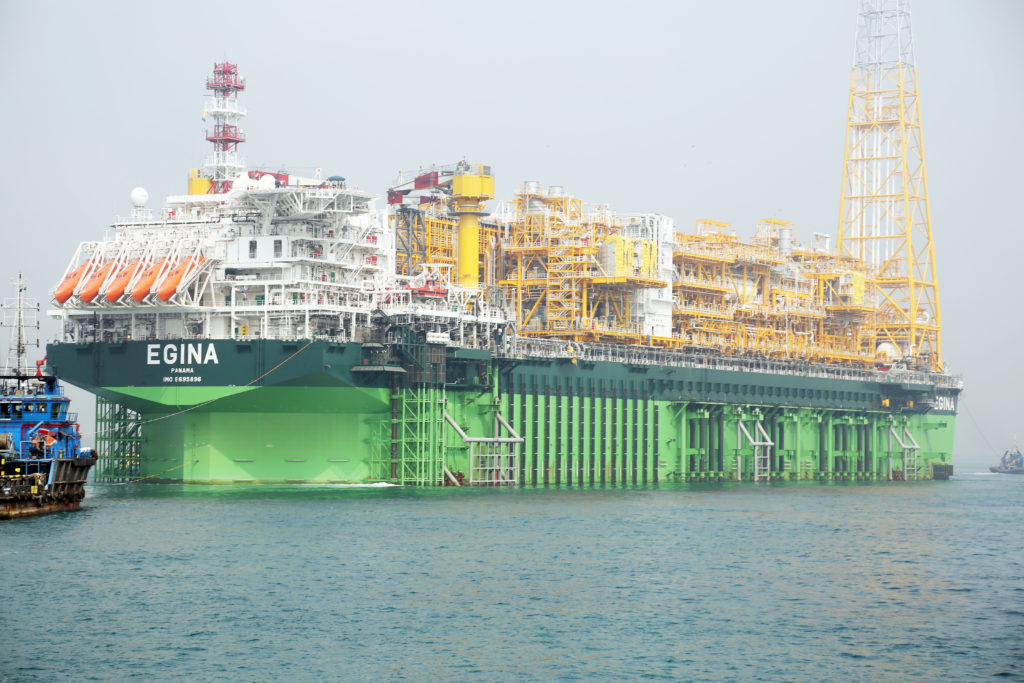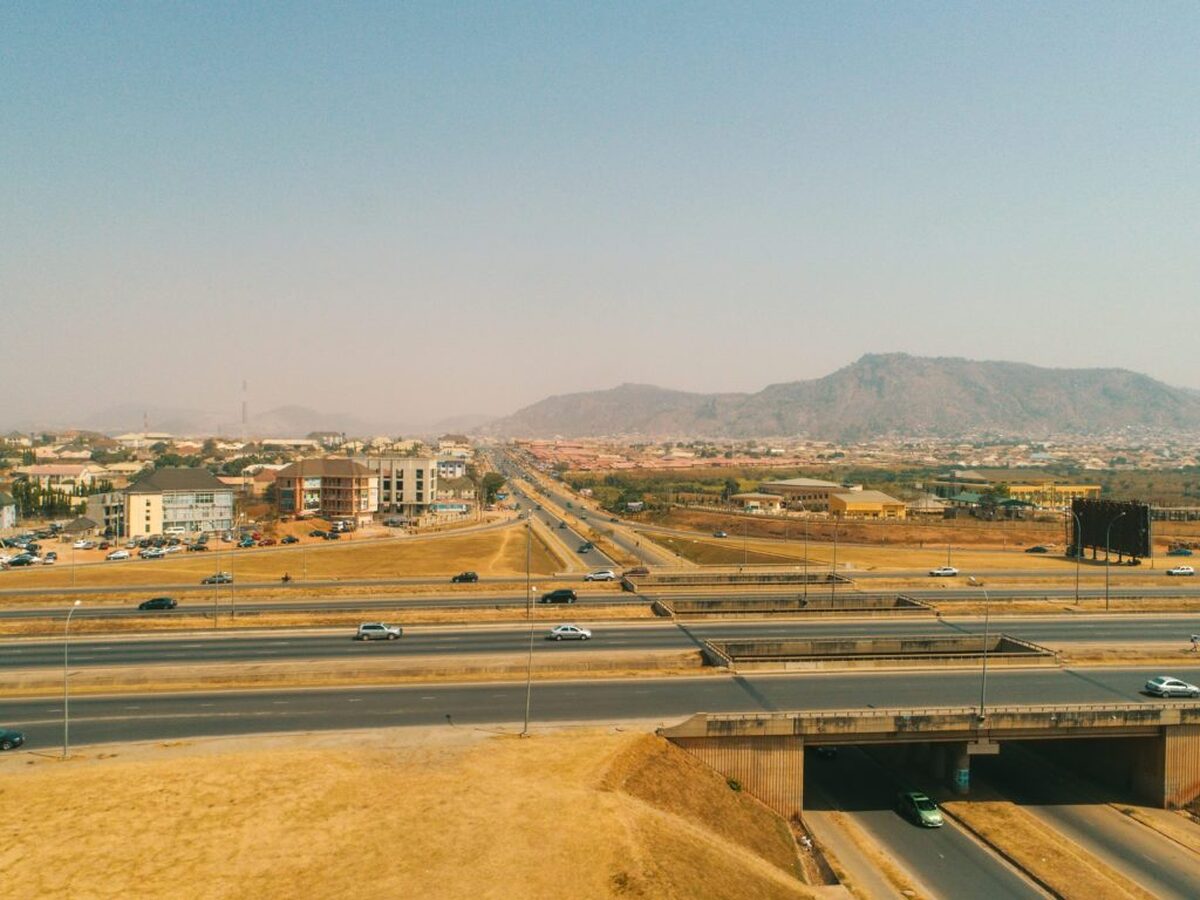
Egina field start-up gives Nigeria rare capacity boost


Total has started up the 200,000 b/d Egina deepwater field around 10pc under budget, representing a saving of more than $1bn, largely because of a 30pc cut in drilling time per well, the firm says.
It expects the field to be a significant cash-flow generator, helped by a sharp fall in operating costs in Nigeria in recent years. Egina is the second field to come on stream in Nigeria's OML 130 licence, following the Akpo gas and condensate field in 2009.
And Total already has its eye on a third field in the block. It is targeting a final investment decision (FID) on the Preowei oil field this year, with a sub-sea tie-back to the Egina floating production, storage and offloading (FPSO) vessel a likely development concept. Total operates OML 130 with a 24pc stake, with China's CNOOC holding 45pc, Brazil's Petrobras 16pc and Nigeria's Sapetro 15pc.
Egina was the last major upstream project to be signed off in Nigeria, back in 2013. Uncertainty over the country's legislative framework — combined with the industry's wider deepwater investment retreat following the oil price slump of 2014-16 — has deterred foreign upstream investors and hampered key projects such as Shell's 175,000 b/d Bonga Southwest and Eni's 120,000 b/d Zabazaba, worth a combined $40bn.
Shell is targeting an FID on Bonga Southwest this year, while Eni's project is on hold amid pending legal disputes over block OPL 245.
Nigeria faces a presidential election in February, with the challenger propounding transformation of the upstream sector. Former vice-president Atiku Abubakar from the opposition People's Democratic Party (PDP) is running against incumbent president Muhammadu Buhari.
The former has laid out a seven-point programme, supporting the approval of the long-delayed petroleum industry governance bill (PIGB) that entails a partial privatisation of state-owned NNPC.
Abubakar has made implementation of the bill a key component of his agenda, putting the focus on enhanced transparency in the licensing process to incentivise investors to "tap the unexploited resources in the mature Niger delta basin" and boost production from marginal fields.
Pass the PIGB
Passage of the bill would pave the way for other legislative measures to boost the upstream sector through new fiscal and operating terms for oil and gas developments.
Buhari has so far blocked the PIGB, citing concerns over the funding schemes for a new regulatory body. But his administration, perhaps under electoral pressure, has recently asked the Senate to provide a revised version of the bill, and said it is "fully committed to the passage".
Nigeria's legislative deadlock has resulted in foreign oil firms focusing on upstream investment elsewhere in west Africa, such as the region's next largest producer, Angola. Foreign companies there are taking advantage of recently improved fiscal terms for satellite field developments.
Total in November led the way by approving development of the 40,000 b/d Clov phase two project and the 30,000 b/d Dalia phase three project in offshore block 17.
The Egina field will provide a decisive boost to Nigeria's production, which oil minister Emmanuel Ibe Kachikwu says was at 1.75mn b/d in November. But if Total's provisional crude assay is confirmed, Egina volumes will have to be included in Nigeria's monthly crude output figure.
This could complicate Lagos' recent commitment under the Opec/non-Opec deal to cut 53,000 b/d from its October production, which stood at 1.74mn b/d, according to Opec figures.


Trump weighs using $2 billion in CHIPS Act funding for critical minerals

Codelco cuts 2025 copper forecast after El Teniente mine collapse

Electra converts debt, launches $30M raise to jumpstart stalled cobalt refinery

Barrick’s Reko Diq in line for $410M ADB backing

Abcourt readies Sleeping Giant mill to pour first gold since 2014

Nevada army depot to serve as base for first US strategic minerals stockpile

SQM boosts lithium supply plans as prices flick higher

Viridis unveils 200Mt initial reserve for Brazil rare earth project

Tailings could meet much of US critical mineral demand – study

Kyrgyzstan kicks off underground gold mining at Kumtor

Kyrgyzstan kicks off underground gold mining at Kumtor

KoBold Metals granted lithium exploration rights in Congo

Freeport Indonesia to wrap up Gresik plant repairs by early September

Energy Fuels soars on Vulcan Elements partnership

Northern Dynasty sticks to proposal in battle to lift Pebble mine veto

Giustra-backed mining firm teams up with informal miners in Colombia

Critical Metals signs agreement to supply rare earth to US government-funded facility

China extends rare earth controls to imported material

Galan Lithium proceeds with $13M financing for Argentina project

Kyrgyzstan kicks off underground gold mining at Kumtor

Freeport Indonesia to wrap up Gresik plant repairs by early September

Energy Fuels soars on Vulcan Elements partnership

Northern Dynasty sticks to proposal in battle to lift Pebble mine veto

Giustra-backed mining firm teams up with informal miners in Colombia

Critical Metals signs agreement to supply rare earth to US government-funded facility

China extends rare earth controls to imported material

Galan Lithium proceeds with $13M financing for Argentina project

Silver price touches $39 as market weighs rate cut outlook


















